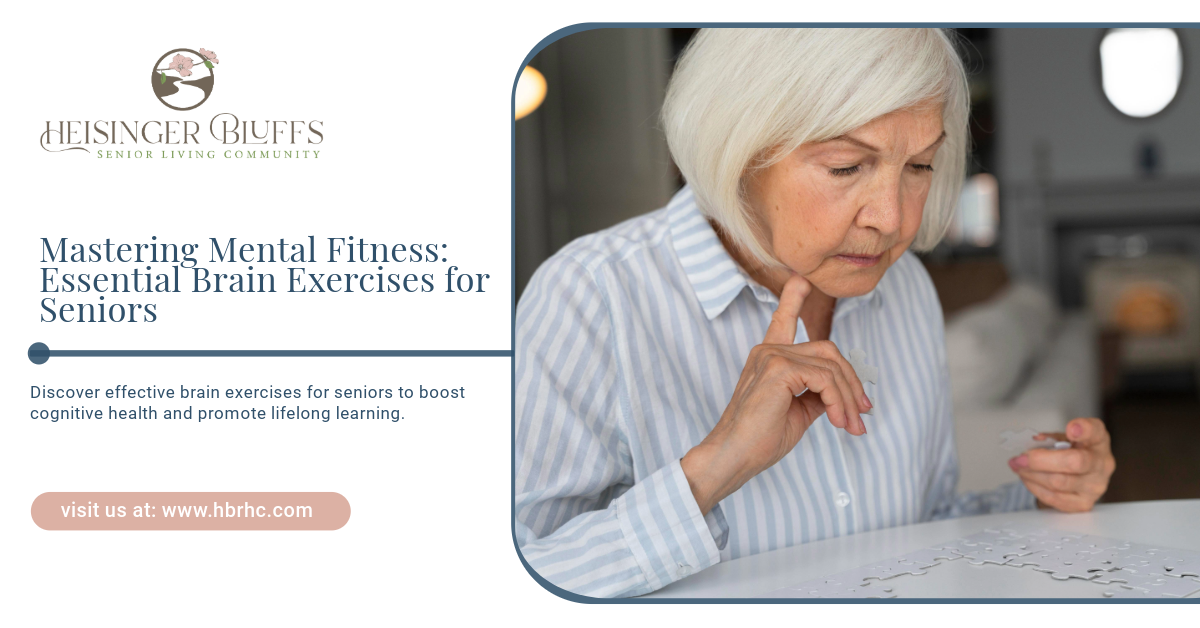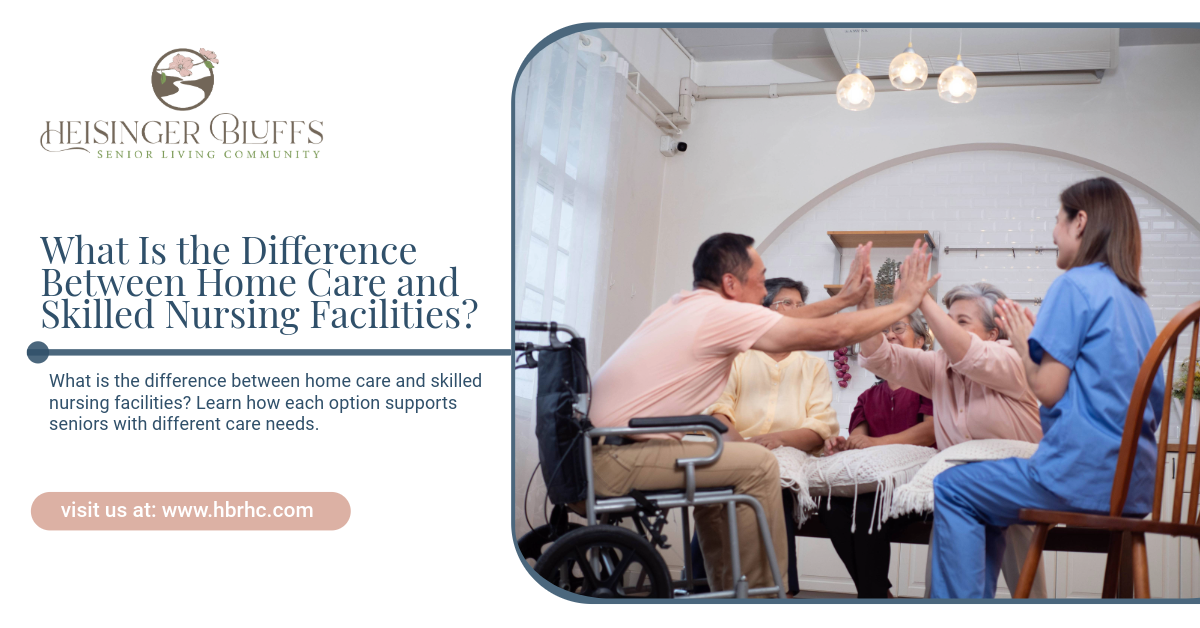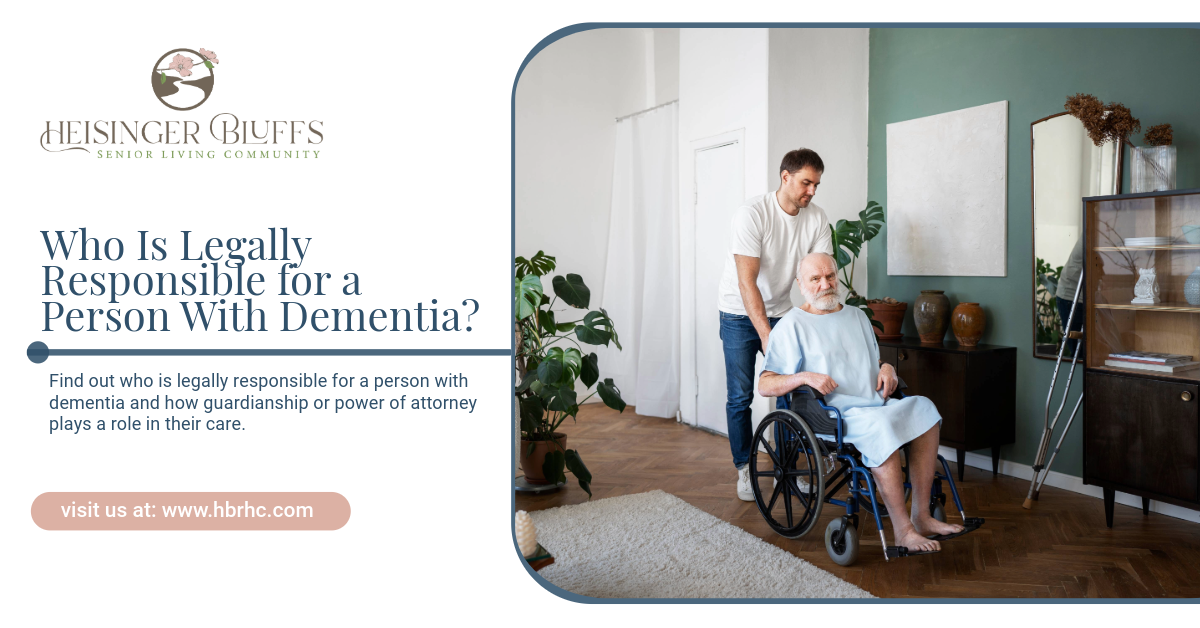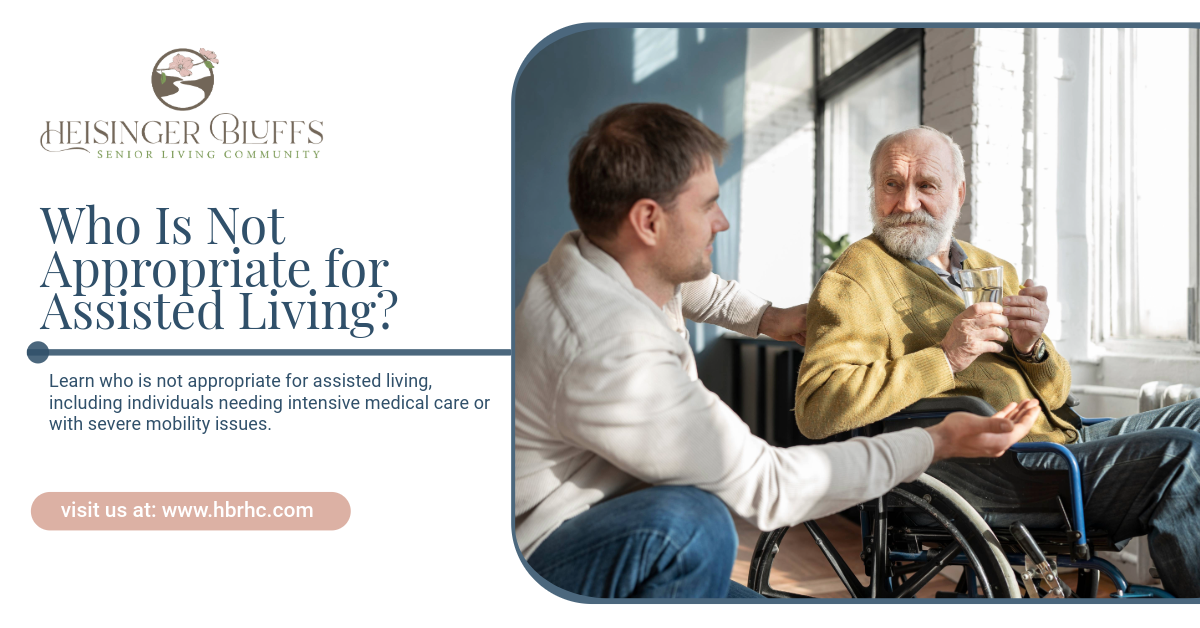Mastering Mental Fitness: Essential Brain Exercises for Seniors

Cognitive Benefits of Brain Exercises
Engaging in brain exercises offers numerous cognitive advantages, particularly for seniors. These activities not only sharpen mental acuity but also promote overall well-being and can significantly influence the quality of life.
Importance of Brain Exercises for Seniors
Regular participation in brain exercises is essential for seniors. Such activities can help improve brain health and significantly reduce the risk of developing dementia. For instance, regular reading habits, whether fiction or educational, foster brain engagement and cognitive resilience. With the availability of technology like Kindles and iPads, seniors can access a variety of reading materials, accommodating those with diminishing eyesight.
Gardening, another beneficial activity, stimulates problem-solving skills, dexterity, and multiple senses. Research indicates that it may help prevent degenerative brain diseases like Alzheimer's, alongside enhancing mood and mobility.
Crafting activities also play a vital role in cognitive health. These activities involve both creative and logical thinking, engaging various regions of the brain. They encourage seniors to learn new skills while enhancing brain engagement.
Impact of Brain Exercises on Cognitive Health
Research underscores the positive impact of brain exercises on cognitive health. The Advanced Cognitive Training for Independent and Vital Elderly (ACTIVE) study examined the effects of brain training on over 2,800 participants aged 65 and older. Results indicated that brain training significantly improved specific cognitive skills targeted by the exercises.
Moreover, a combination of aerobic exercise (AE) and resistance exercise (RE) training has shown to be particularly beneficial. Studies indicate that this approach leads to greater improvements in global cognitive function and episodic memory than either form of exercise alone among healthy older adults.
Engaging in exercise for at least 52 hours correlates with enhanced cognitive performance in both cognitively healthy older adults and those with cognitive impairments. Evidence supports aerobic exercise, resistance training, or a combination for optimal benefits.
In summary, partaking in brain exercises and various engaging activities not only sustains cognitive function but also promotes lifelong learning and cognitive health. Continuous learning and exploring new hobbies are fundamental for stimulating different brain regions, fostering overall well-being for seniors. For more information about the benefits of these activities, refer to our articles on benefits of lifelong learning for seniors and cognitive health and lifelong learning.
Interactive Brain Games for Seniors
Engaging in interactive brain games is an excellent way for seniors to enhance their cognitive abilities. These activities are not only enjoyable but also offer significant benefits for mental health. Here, we explore three popular types of brain games: memory card games, crossword puzzles, and jigsaw puzzles.
Memory Card Games
Memory card games are entertaining and effective brain exercises for seniors. These games test a person’s short-term memory and ability to remember patterns. They engage the brain and activate areas related to pattern recognition and recall.
| Benefit | Description |
|---|---|
| Memory Enhancement | Improves short-term memory retention |
| Pattern Recognition | Activates areas of the brain responsible for recognition |
In addition to improving memory, memory card games can provide a fun social experience when played with family and friends.
Crossword Puzzles
Crossword puzzles are another engaging activity that stimulates the brain. These brain teasers not only challenge vocabulary but also encourage critical thinking. A 2011 study noted that completing crossword puzzles may help delay the onset of memory decline in older adults with preclinical dementia.
| Benefit | Description |
|---|---|
| Cognitive Stimulation | Engages various areas of the brain focusing on language |
| Delayed Memory Decline | May help in the prevention of cognitive decline |
Seniors can benefit from working on crosswords solo or with others, fostering a sense of community and collaboration.
Jigsaw Puzzles
Completing jigsaw puzzles is a rewarding and mentally stimulating activity. A
2018 study found that assembling puzzles activates multiple cognitive functions, including memory, attention, and spatial awareness.
| Benefit | Description |
|---|---|
| Cognitive Activation | Engages various mental skills simultaneously |
| Memory and Attention Boost | Enhances memory retention and attention span |
| Sense of Accomplishment | Provides satisfaction and boosts self-esteem |
Puzzles keep the brain alert and engaged, while the process of completing a puzzle can bring a sense of fulfillment. For more information on the importance of learning for cognitive health, visit our page on cognitive health and lifelong learning.
Overall, participating in memory card games, crossword puzzles, and jigsaw puzzles creates enjoyable opportunities for mental engagement. Families considering activities for seniors should explore these options as a means to promote cognitive wellness effectively.
Engaging Activities for Cognitive Stimulation
To promote cognitive health, engaging activities can play a vital role for seniors. These activities not only provide mental stimulation but also enhance overall well-being. Here are three effective ways to stimulate the brain: learning a musical instrument, gardening, and crafting.
Learning a Musical Instrument
Learning to play a musical instrument can be highly beneficial for seniors. Engaging in music not only stimulates the brain but also improves memory and cognitive function. Regular practice can lead to increased intelligence, better sleep, reduced pain and blood pressure, and decreased depression.
Seniors can choose from various instruments based on their interests. Options include:
| Instrument | Benefits |
|---|---|
| Piano | Improves coordination and memory |
| Guitar | Enhances fine motor skills and dexterity |
| Violin | Encourages focus and expression |
Participating in music groups or classes can also foster social interactions, further enhancing cognitive health and providing joy.
Gardening for Brain Health
Gardening is another engaging activity that supports cognitive health. This multifaceted activity involves problem-solving skills, dexterity, and engages multiple senses. Regular gardening can help prevent degenerative brain diseases such as Alzheimer's and dementia while also improving heart health, mood, and mobility.
Gardening offers numerous benefits:
| Benefit | Description |
|---|---|
| Cognitive Engagement | Encourages planning, organization, and critical thinking |
| Physical Activity | Promotes movement and strengthens muscles |
| Mood Booster | Exposure to nature has positive effects on mental well-being |
For seniors, group gardening activities can further enhance social connections and create a sense of community.
Crafting Activities for Seniors
Engaging in crafting activities is another excellent method for stimulating cognitive function. These activities require both creative and logical thinking, effectively engaging both hemispheres of the brain. Crafting can challenge seniors to learn new skills and keep their minds active.
Some popular crafting activities include:
| Crafting Activity | Cognitive Benefits |
|---|---|
| Knitting | Improves fine motor skills and concentration |
| Painting | Enhances creativity and self-expression |
| Scrapbooking | Encourages storytelling and organization |
Participating in craft groups can also provide social interaction, enriching the overall experience and supporting a sense of belonging within the community.
By incorporating activities like learning a musical instrument, gardening, and crafting into daily routines, seniors can effectively promote their cognitive health and well-being. Exploring the various benefits of lifelong learning for seniors can help families recognize the importance of these engaging activities in senior living communities.
Incorporating Technology for Cognitive Wellness
Technology plays a significant role in enhancing cognitive health for seniors. It offers various tools and resources designed to stimulate the mind through engaging activities such as online brain games and specialized tech tools.
Online Brain Games
Online brain games are an excellent way for seniors to keep their minds active and healthy from the comfort of their homes. These digital exercises can boost memory, improve cognitive function, and sharpen language skills. Apps such as Lumosity, Elevate, Peak, and CogniFit provide a range of cognitive exercises, brain training programs, and dynamic challenges tailored specifically for older adults.
| App Name | Features |
|---|---|
| Lumosity | Cognitive exercises, memory improvement, mental dexterity games |
| Elevate | Daily brain training program, vocabulary, and math games |
| Peak | Fun games for various cognitive skills |
| CogniFit | Personalized brain training and a wide array of games |
Incorporating these online games into daily routines can stimulate the brain, promoting lifelong learning.
Tech Tools for Brain Health
In addition to online brain games, a variety of tech tools can support cognitive wellness in seniors. Devices like Fitbit, Amazon Echo, Apple Watch, and GrandPad provide essential features that can enhance both cognitive and physical health. They monitor vital health metrics, offer memory aids, and provide easy access to entertainment, which can help maintain an active and engaged mind.
The following table outlines some key devices and their features:
| Device | Key Features |
|---|---|
| Fitbit | Tracks physical activities and sleep patterns |
| Amazon Echo | Voice-activated assistant for reminders and games |
| Apple Watch | Health tracking, notifications, and apps for communication |
| GrandPad | User-friendly tablet with apps for connecting with family and playing games |
Incorporating technology into daily life not only enhances cognitive engagement but also supports physical well-being. Encouraging the use of these resources can contribute to lifelong learning for older adults and promote overall cognitive health amongst seniors.
Physical Exercise and Cognitive Health
Physical exercise plays a vital role in promoting cognitive health among seniors. Engaging in regular physical activity can improve brain function, enhance memory, and potentially slow cognitive decline. Below, several forms of physical exercise have been outlined to highlight their benefits.
Aerobic Exercise Benefits
Aerobic exercise is known to have significant advantages for cognitive function in older adults. Evidence suggests that those who engage in aerobic exercise for at least 52 hours experience improved cognitive performance, regardless of their baseline cognitive status. Activities such as walking, cycling, and swimming enhance blood flow to the brain, which is essential for maintaining cognitive health.
| Aerobic Exercise Mode | Frequency | Duration | Cognitive Benefits |
|---|---|---|---|
| Walking | 3-5 times per week | 30 minutes | Improves processing speed and global cognition |
| Swimming | 2-3 times per week | 30 minutes | Increases overall brain function |
| Group Classes | 1-2 times per week | 60 minutes | Encourages social interaction and cognitive engagement |
Mind-Body Exercises
Mind-body exercises, including Tai Chi and yoga, have been recognized for their positive effects on cognitive health. These practices not only improve physical fitness but also enhance mental well-being. Research indicates that yoga interventions help regulate the sympathetic nervous system and improve cognitive function compared to control groups. Similarly, Tai Chi has demonstrated beneficial effects on anxiety and depression, which can significantly influence cognitive performance in older adults.
| Mind-Body Exercise | Benefits | Recommended Frequency |
|---|---|---|
| Tai Chi | Enhances balance and reduces anxiety | 2 times per week |
| Yoga | Improves cognitive function and relaxes mind | 2-3 times per week |
Combined Exercise Training
Combining aerobic exercise with resistance (strength) training has shown superior benefits for cognitive functioning compared to either mode alone. This combined approach improves global cognitive function and episodic memory among healthy older adults. Seniors pursuing this dual exercise regimen are likely to see improvements in processing speed/attention and executive function.
| Exercise Combination | Benefits | Suggested Routine |
|---|---|---|
| Aerobic + Resistance | Enhanced global cognition and episodic memory | 3 times per week (20 minutes each) |
| Resistance Only | Strengthens muscles, supports cognitive function | 2 times per week (30 minutes each) |
Incorporating physical exercise into daily routines is imperative for seniors, not only for physical health but also for enhancing cognitive abilities. By selecting appropriate exercises, older adults can significantly boost their brain health and overall well-being. For additional information on cognitive health and lifelong learning, explore cognitive health and lifelong learning and lifelong learning for older adults.
Social Engagement and Cognitive Function
Engaging socially is vital for seniors as it not only enhances their quality of life but also plays a crucial role in maintaining cognitive health. Social interactions provide emotional support, reduce feelings of loneliness, and stimulate mental engagement.
Role of Social Interactions
Social interactions have been linked to better cognitive health in older adults. When seniors engage in conversations, they stimulate mental activities that enhance cognitive function. Playing card games or board games can be a fun way to socialize or pass the time; a 2017 study found a link between playing games and a decreased risk of cognitive impairment in older adults.
Moreover, regular interaction with peers can help senior individuals develop new skills and foster a sense of belonging. This can enhance mood and cognitive functions, which are essential aspects of mental fitness.
| Benefit of Social Interaction | Description |
|---|---|
| Decreased Cognitive Impairment | Social engagement can lower the risk of cognitive decline. |
| Emotional Support | Conversations and connections can help reduce feelings of loneliness. |
| Skill Development | Engaging with others can foster learning and new experiences. |
Group Brain Training Exercises
Participating in group brain training activities can elevate the cognitive benefits derived from social interactions. Engaging in collaborative exercises, such as memory games or problem-solving activities, can stimulate various cognitive functions, including executive function and processing speed. These activities promote both cognitive health and socialization.
Crafting activities can also offer cognitive benefits while providing opportunities for social interaction. These activities challenge seniors to use both creative and logical thinking. Engaging in such crafts stimulates different hemispheres of the brain, keeping cognitive functions active and engaged.
Additionally, various apps like Lumosity, Elevate, Peak, and CogniFit provide opportunities for group participation in brain games, enhancing cognitive exercises through interaction with peers.
Incorporating these social and group activities not only helps in maintaining mental fitness but also weaves a supportive community that fosters lifelong learning and cognitive health. Families of those considering or residing in senior living communities can explore more about the benefits of lifelong learning for seniors and how engaging in such activities contributes to overall wellbeing.











